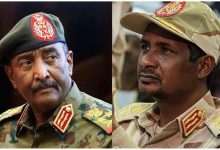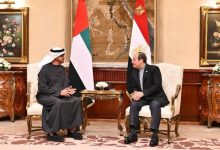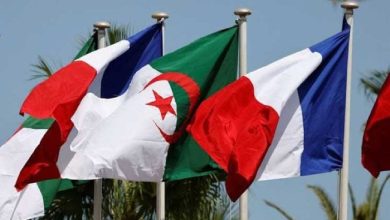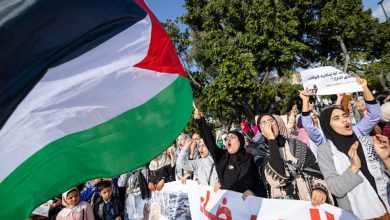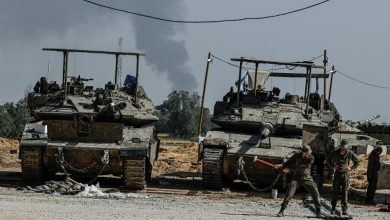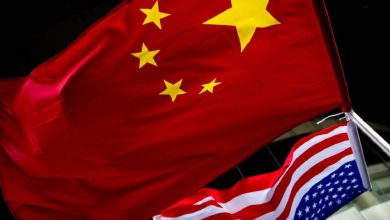Emirati Politics Unveiled: Internal Strife and Mohammed bin Zayed’s Foreign Policy Dominance
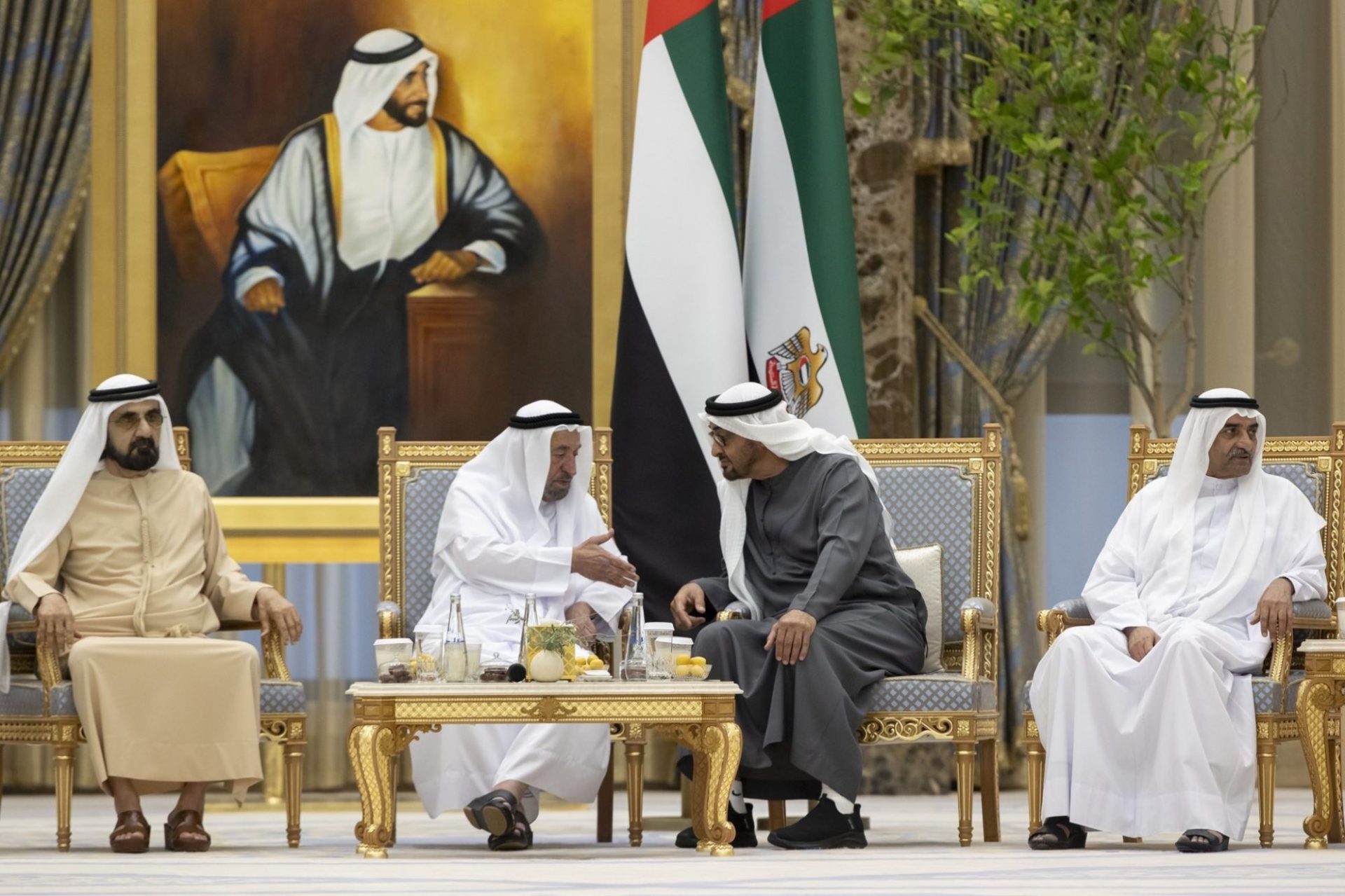
Watan-The well-known intelligence site “Tactical Report” revealed details of internal meetings held by the Emirati President, Sheikh Mohammed bin Zayed, to present Abu Dhabi’s perspective on the country’s regional politics following the recent killing of officers and soldiers from the UAE Armed Forces in a terrorist attack in Somalia.
It is noted that earlier this month, the UAE announced “the killing of three of its armed forces members and a Bahraini officer in a terrorist act” in an attack on a military base in the Somali capital, Mogadishu.
The intelligence site’s report uncovered a stance taken by the rulers of the Emirates regarding President’s escalation of marginalizing them from the decision-making circle, especially concerning foreign policies.
It continued that Mohammed bin Zayed held several meetings with his deputy, Mohammed bin Rashid Al Maktoum, the Prime Minister and Ruler of Dubai, and senior advisors on international and strategic affairs.
According to the site, these meetings focused on the UAE’s humanitarian role in Gaza, the UAE military presence in several countries, and the killing of three soldiers from the UAE Armed Forces on February 10th in Mogadishu.
The “Tactical Report” indicated that the Emirati President presented his position to the rulers of the Emirates regarding Abu Dhabi’s regional and international policies, and his stance on the continued presence of Emirati military in several countries.
Opposition to Mohammed bin Zayed’s foreign policies
Opposition to Mohammed bin Zayed’s foreign policies seems to be growing internally, with many voices within the country beginning to reject the continued sending of troops beyond its borders. They emphasize the necessity for the rulers of the Emirates to participate in formulating the country’s foreign policy without Mohammed bin Zayed monopolizing the decision-making process, the report stated.
According to previous reports, throughout his years of rule, Mohammed bin Zayed has transformed the Supreme Council of the Union into merely a formal body in the UAE, called upon only when needed, without real powers.
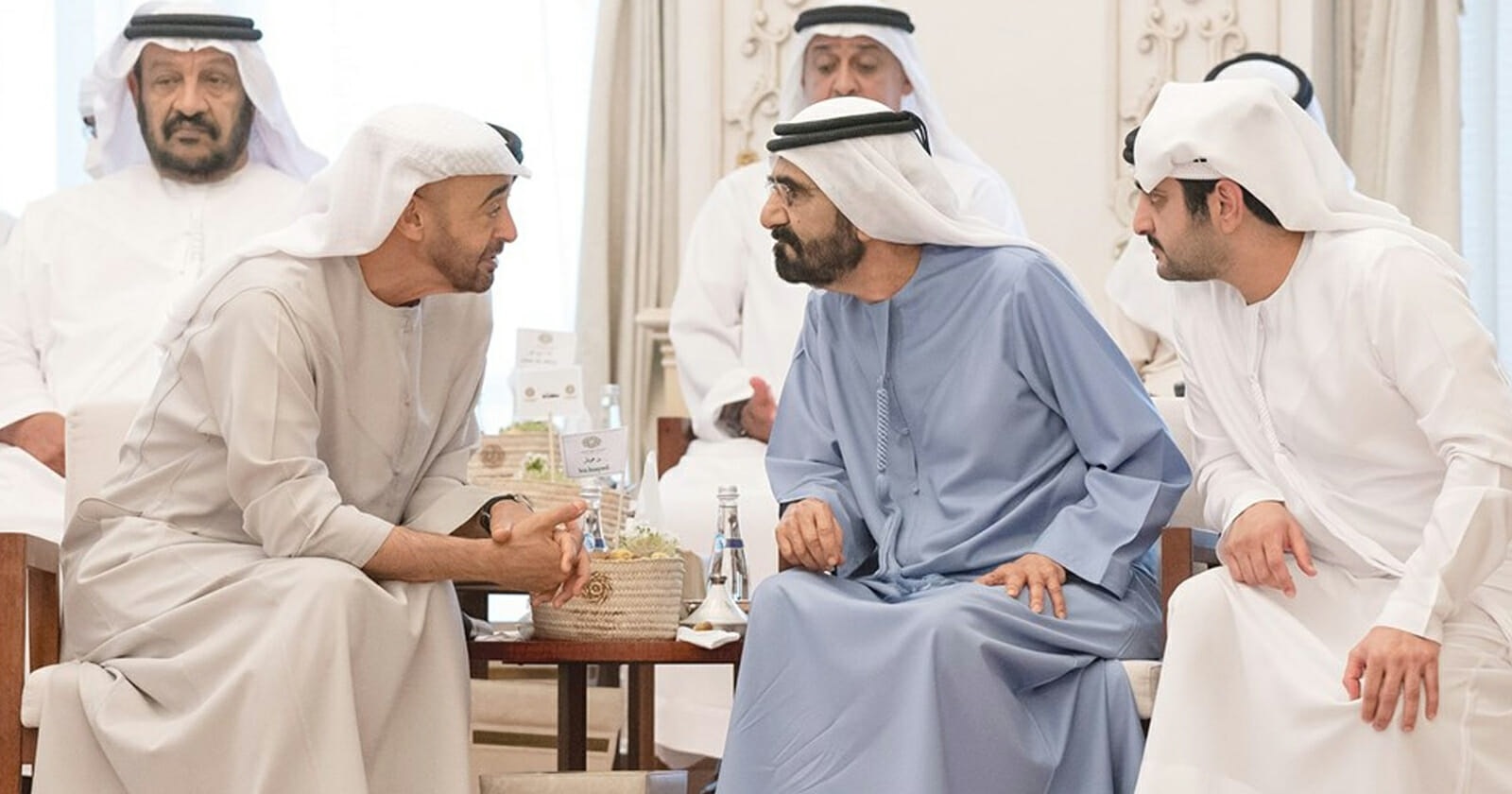
The Emirati President, who holds exclusive authority concentrated in his hands, has contented himself with holding sporadic bilateral meetings with the Dubai ruler to centralize the state’s authority and control its foreign policies, while completely ignoring other rulers of the Emirates.
According to Emirati opponents, complete paralysis prevails in the Supreme Council of the Union in the UAE, which represents the highest constitutional authority in the country. The last public meeting of the Supreme Council was held on December 3rd, 2018.
The council consists of rulers of all the Emirates forming the union, reflecting the reality of the marginalization of the rulers of the Emirates.
This is done by supreme orders from Mohammed bin Zayed, who monopolizes the rule of the Emirates and shapes its foreign policies, while Mohammed bin Rashid is responsible for internal administrative and governmental affairs.
No public meeting of the members of the Supreme Council of the Union has been held for over two years, except for sporadic meetings between Mohammed bin Zayed and Mohammed bin Rashid.
This is happening despite pivotal moments in the UAE, such as the normalization agreement with Israel and intensified wars and foreign interventions by the state.
internal disagreements and silence among the rulers of the Emirates
Internal disputes and silence among the rulers of the Emirates reflect the intensity of internal disagreements among them and their lack of unity on the policies adopted, alongside their commitment to silence.
Mohammed bin Zayed is the sole decision-maker in the country, shaping its foreign policies without any consideration for the members of the Supreme Council of the Union, which constitutes the highest executive authority in the country.
According to previous reports from opposition Emirati sites, a crisis of constant complaints from other rulers of the Emirates about Mohammed bin Zayed’s monopolization of managing the country and marginalizing them, especially in his foreign plans and his intervention in spreading chaos and sabotage in several countries, is escalating.
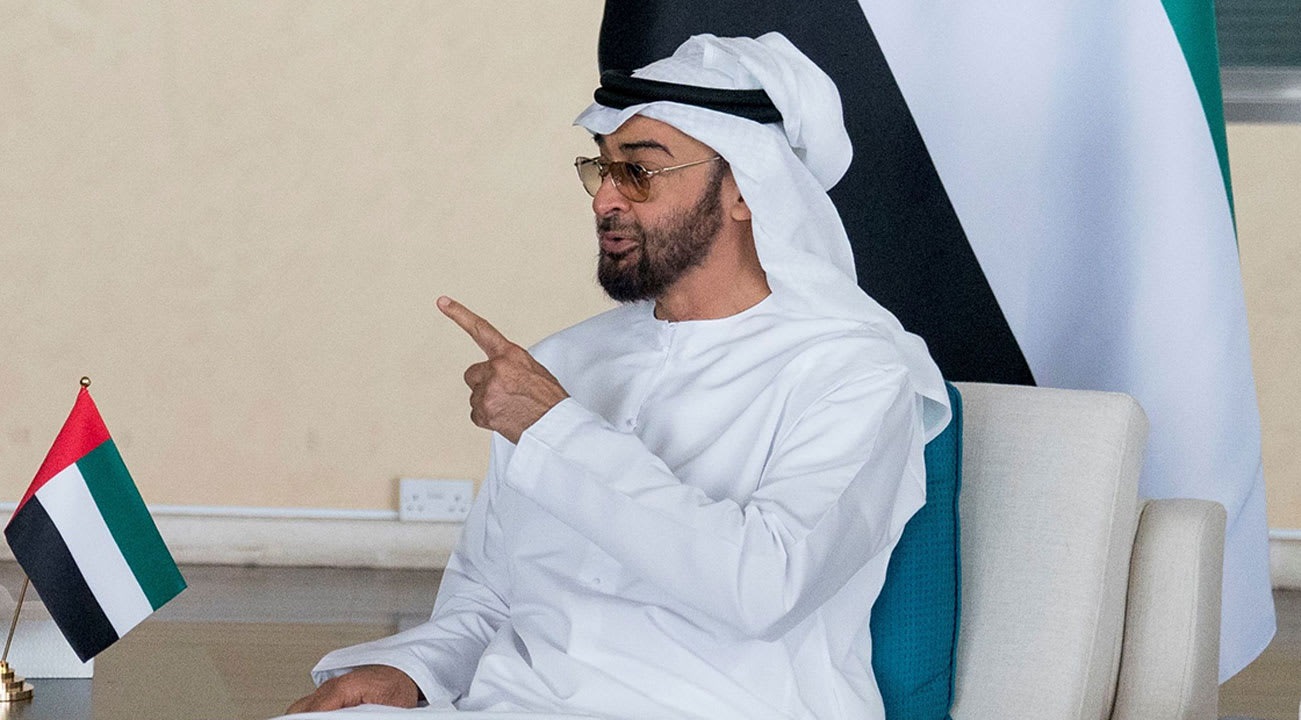
The Supreme Council of the Union consists of the rulers of the seven Emirates, but except for the membership of Abu Dhabi and Dubai, these members do not play a role in shaping the UAE’s policy, according to the powers of this council.
According to reports, the most that President Mohammed bin Zayed allows these members to do is to receive ambassadors and consuls or ministers of routine ministries.
Emiratis notice that ministers such as interior, foreign affairs, defense, and education do not brief the rulers of other states on their projects and performance, and they only operate on orders from bin Zayed.
This raises Emiratis’ questions about the role, membership, and powers of the Supreme Council of the Union from time to time.
Mohammed bin Zayed’s policies of monopolizing rule in the Emirates contradict the constitution of the state. His monopoly of governance is the greatest danger to the state amidst the political legitimacy crisis it has been facing since its establishment.

